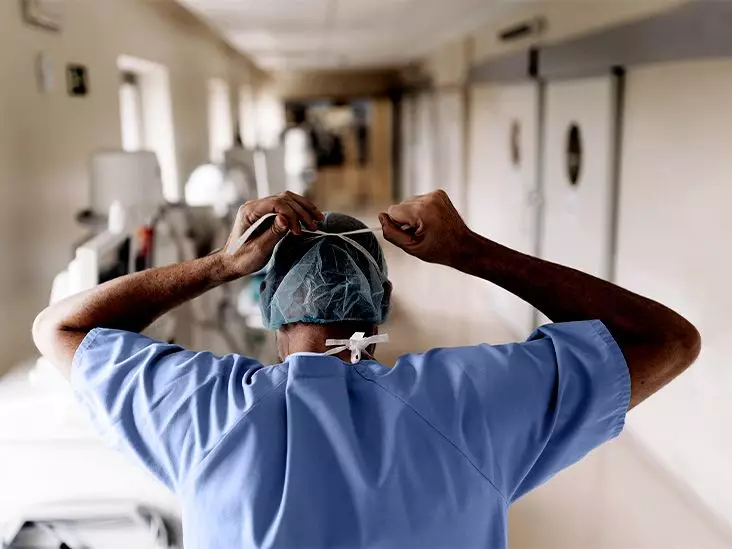Before undergoing an orchiectomy, it is essential for individuals to have a thorough discussion with their doctor regarding the procedure and its implications. It is important to discuss options such as sperm banking and the potential use of a testicular prosthesis. Additionally, there are several steps that individuals need to take to prepare themselves for the surgery:
– Giving informed consent
– Undergoing necessary medical tests, including blood tests and electrocardiograms
– Ceasing the use of tobacco products, if applicable
– Managing weight and increasing exercise
– Avoiding alcohol consumption
– Discontinuing certain medications or supplements as advised by the doctor
– Fasting before surgery
– Shaving of the surgical site by a healthcare professional
During and After Surgery
During the procedure, individuals will receive a general anesthetic to induce sleep and prevent pain. Post-surgery, individuals may wake up in a recovery room while the effects of the anesthesia wear off. It is common to experience pain, which can be managed through prescribed pain medication. Other possible side effects post-surgery include nausea, chills, vomiting, and a sore throat from the breathing tube.
After the surgery, individuals may have surgical drains to remove excess fluids from the body. In cases where lymph nodes are also removed, movement may be restricted temporarily, and drainage tubes may be required for a few days. Most individuals can expect to return home within 3-7 days after the surgery. It is important to follow the healthcare provider’s instructions regarding pain management, wound care, and physical activity post-surgery.
The impact of surgery for testicular cancer on various aspects of individuals’ lives can vary. While the removal of one testicle typically does not affect sexual function or fertility, the loss of both testicles can result in decreased sex drive and erectile function due to lowered testosterone levels. In such cases, testosterone supplements may be recommended. Additionally, surgeries such as RPLND may carry risks of nerve damage that could affect ejaculation.
Adjusting to physical changes post-surgery, such as the loss of a testicle or changes in sexual function, can be challenging for some individuals. For those experiencing emotional distress, seeking support from healthcare professionals or joining support groups can be beneficial. Maintaining open communication with doctors about concerns and accessing mental health resources can aid in the recovery process.
It is important to be aware of the potential risks associated with orchiectomy, including excessive bleeding, blood clots, anesthesia reactions, and infections. Seeking information and support from resources such as healthcare providers, support groups, and mental health services can help individuals navigate the challenges of testicular cancer treatment. Regular check-ups and self-exams are crucial for early detection of any cancerous changes, even after undergoing surgery.
Understanding the process of orchiectomy, preparing both physically and mentally for the surgery, and focusing on post-operative care and recovery are essential aspects of managing testicular cancer effectively. By staying informed, seeking support, and adhering to healthcare recommendations, individuals can navigate the challenges of treatment and embrace life after surgery with resilience and determination.

